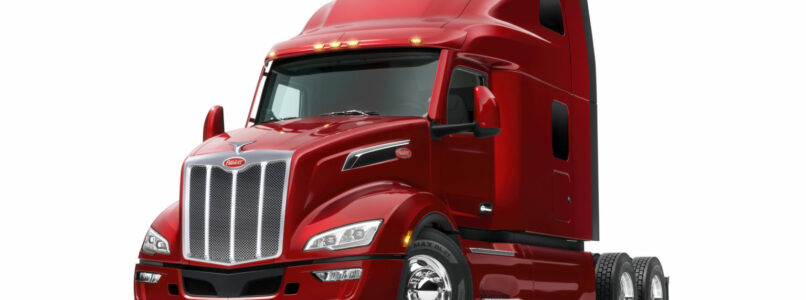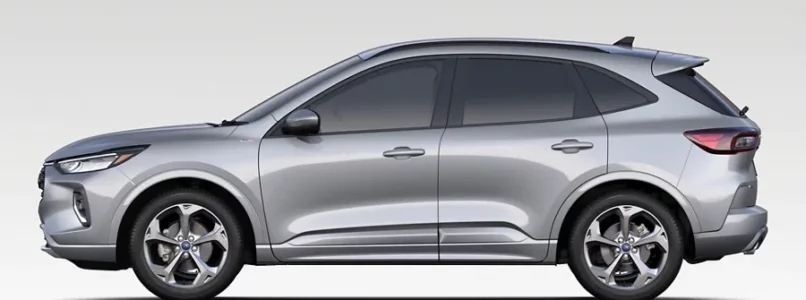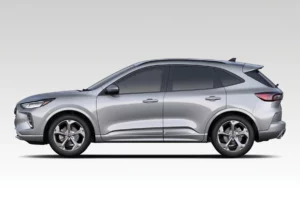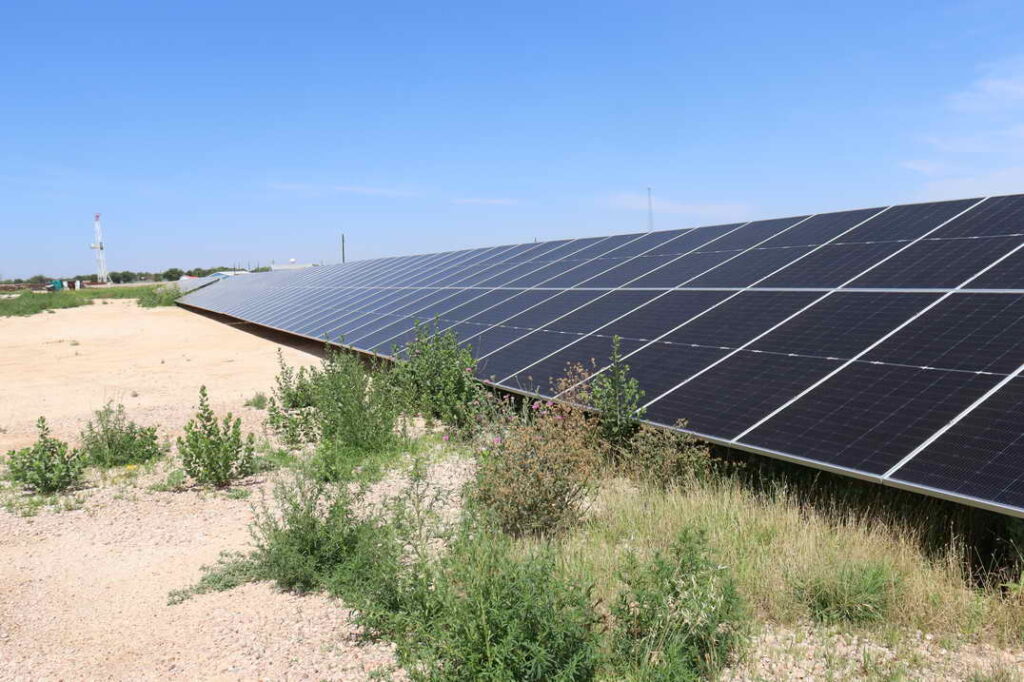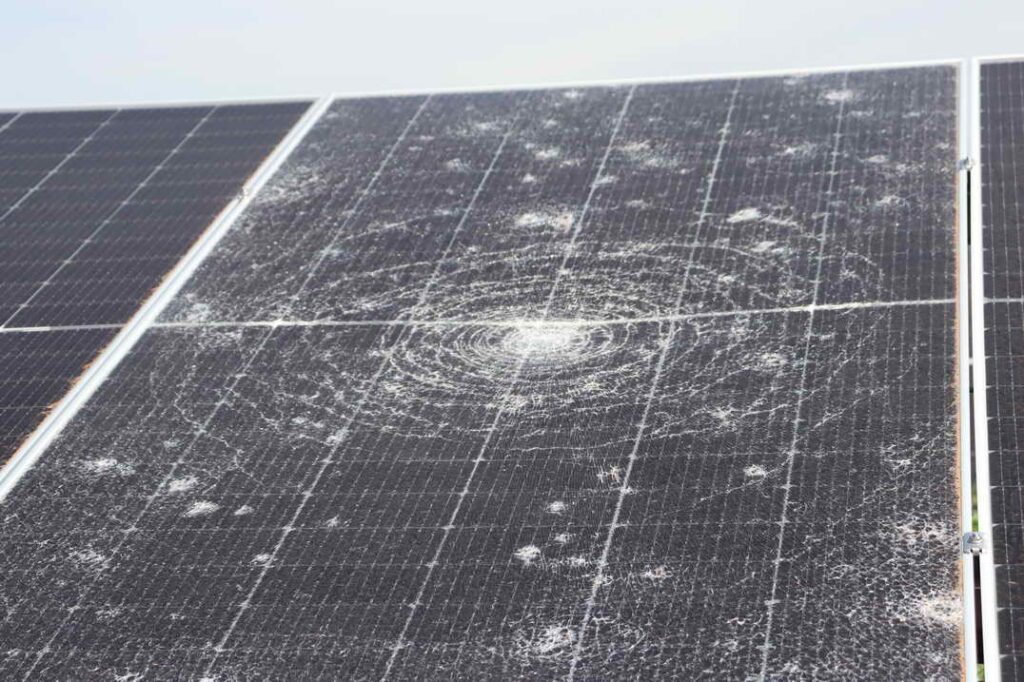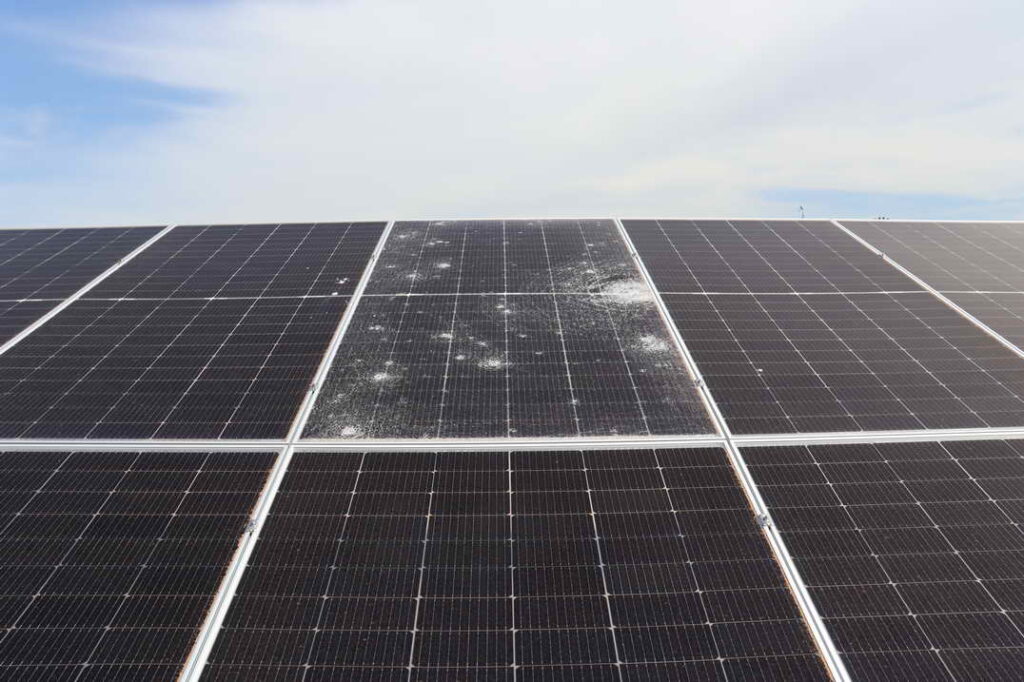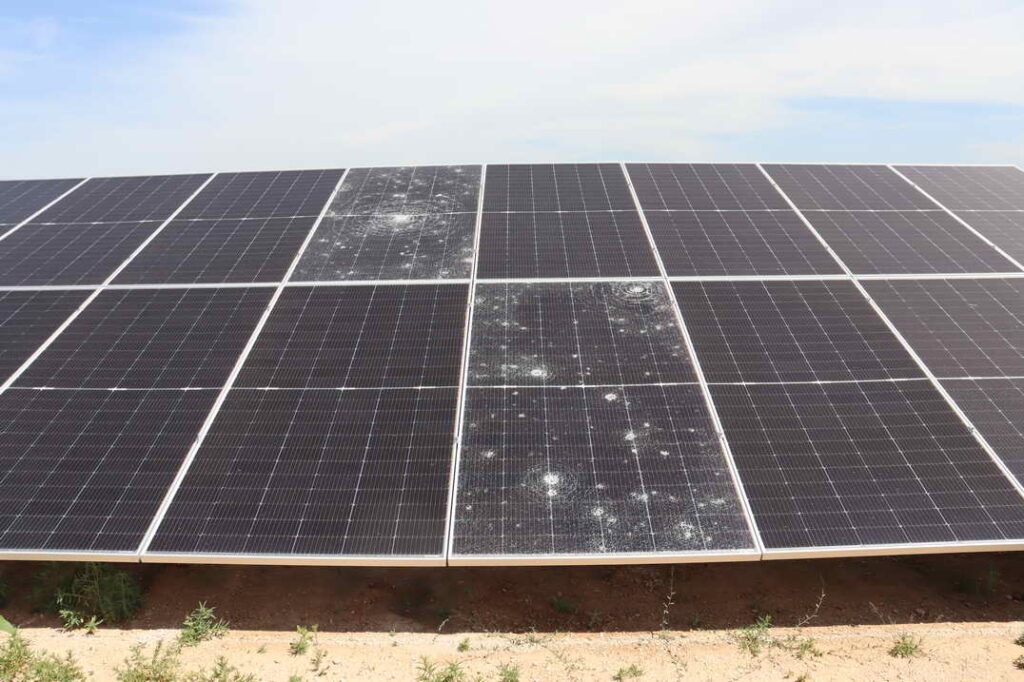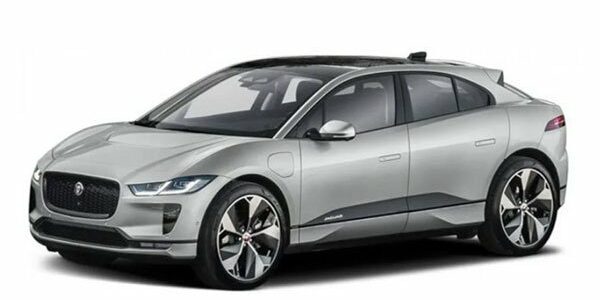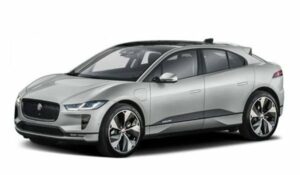Alternator Positive Cable May Chafe and Cause FireA damaged alternator cable increases the risk of a fire.
NHTSA Campaign Number: 23V423000
Manufacturer PACCAR Incorporated
Components ELECTRICAL SYSTEM
Potential Number of Units Affected 4,914
Summary
PACCAR, Incorporated (PACCAR) is recalling certain 2022-2023 Peterbilt 579 vehicles equipped with MX-13 engines and 160-amp alternators. A fastener on the front spring bracket may have been installed with the head on the outside of the frame rail, which can chafe and damage the alternator positive cable.
Remedy
Dealers will replace the frame fastener and secure the alternator cable, free of charge. Owner notification letters are expected to be mailed August 11, 2023. Owners may contact Peterbilt’s customer service at 1-940-591-4220. PACCAR’s number for this recall is 23PBD.

